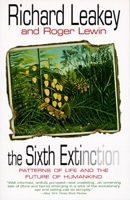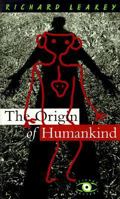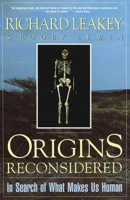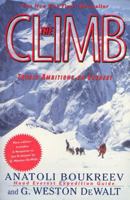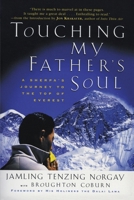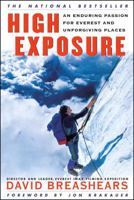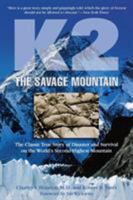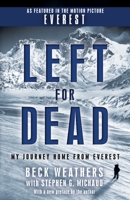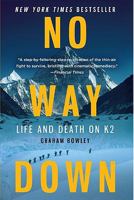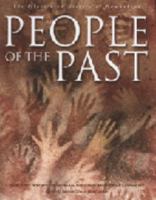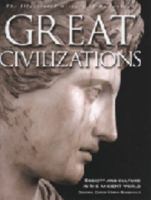The Essential Handbook to Hygge: The Danish Guide to Happiness that is Introducing the World to Peace, Calm, and Happiness
Select Format
Select Condition 
You Might Also Enjoy
Book Overview
Find out how you can introduce Hygge into your life to increase happiness and fulfillment! Pronounced "Hue-ga", and hailing from Denmark, Hygge is a relatively new to the US way of thinking. The Dane are thought to be some of the happiest people on earth, and to be honest, it's easy to see why. Hygge is a remarkable concept that allows the Danes to get a little extra out of their day. We are all leading increasingly busy lives, and we often forget to sit back, relax, and unwind. We're all too busy trying to rush from here and there, we're trying to get things done quicker than ever before, and in the meantime, we're missing out. Hygge is all about coziness, it's all about happiness, and it's all about making our lives just that bit better. It's about creating something special, even if that something special is a plant on your desk at work, a cushion in the corner of the room that you sit on while looking out the window, or taking a walk and enjoying the sunshine on your face. It's all about finding those little moments to take time out and enjoy life. I for one think we all need a bit more Hygge in our life, so why not read on, and see how this Danish concept can help you change the way you live, a little at a time. This book will look at adding Hygge to your workplace, relationships, home, and even a chapter on Hygge recipes to warm your insides too! Pick up your copy today and feel happier tomorrow!
Format:Paperback
Language:English
ISBN:152087944X
ISBN13:9781520879444
Release Date:March 2017
Publisher:Independently published
Length:72 Pages
Weight:0.24 lbs.
Dimensions:8.5" x 0.2" x 5.5"
More by Richard E. Leakey
Customer Reviews
5 customer ratings | 5 reviews
Rated 5 starsExcellent
By Thriftbooks.com User,
Great Product. Received in Good Condition. Packaging protected the product from damage. I received the paperback version.
0Report
Rated 5 starsPacked with its visual documentation
By Thriftbooks.com User,
Explorations packs in hundreds of black and white and color illustrations as it captures great moments of discovery from the archives of the Royal Geographic Society. Any would-be explorer or geography and history fan will relish this gorgeous collection, packed with its visual documentation of some of the greatest moments in history.
0Report















